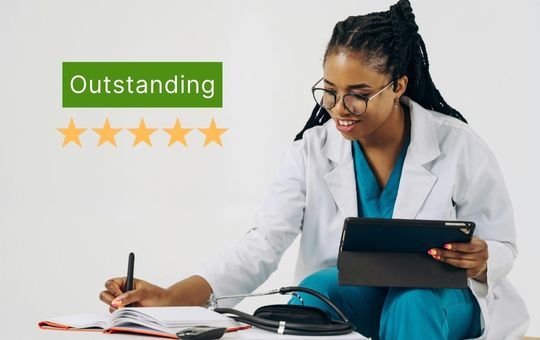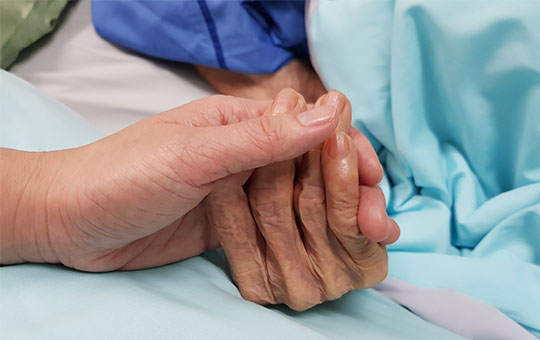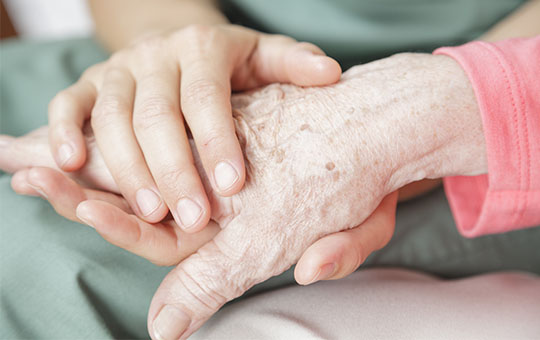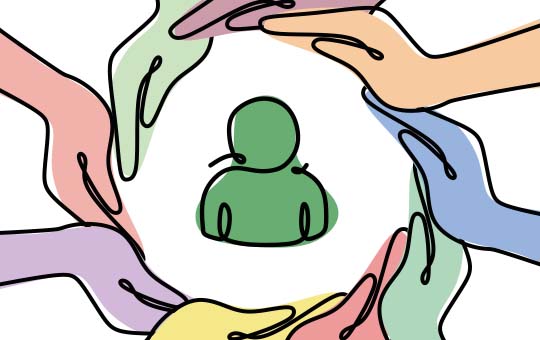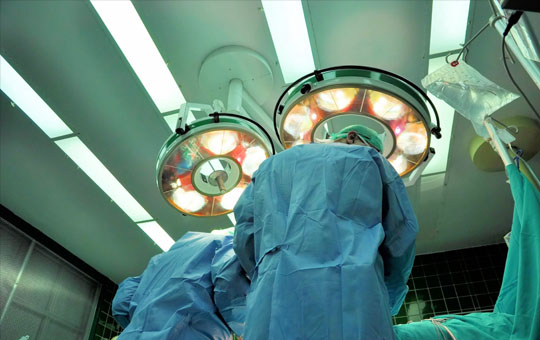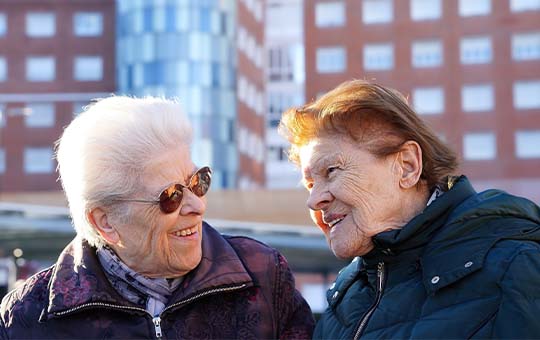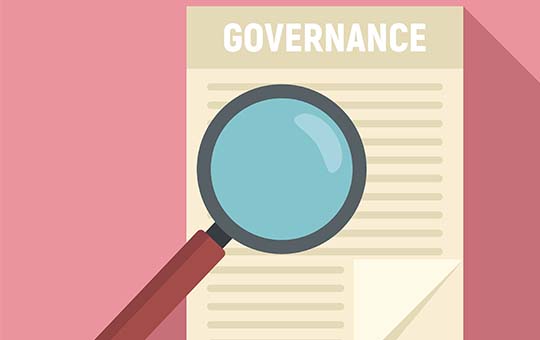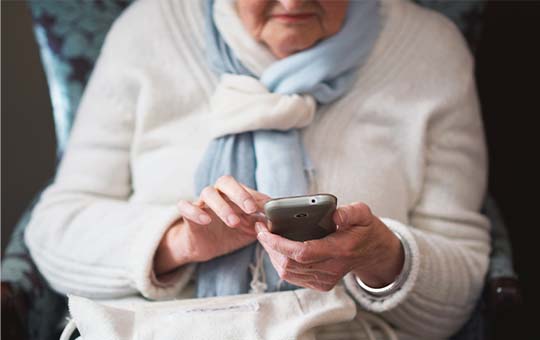News and updates from today's conference focusing on the important issue of transforming acute care for people with frailty.
Frailty Education and Training: Empowering Frontline Staff
• Key components of an effective training program in frailty
• Step-by-step guide for using the clinical frailty scale
• Exploring demographic challenges and workforce challenges in frailty care
• Ongoing training and support: The role of the Frailty Academy
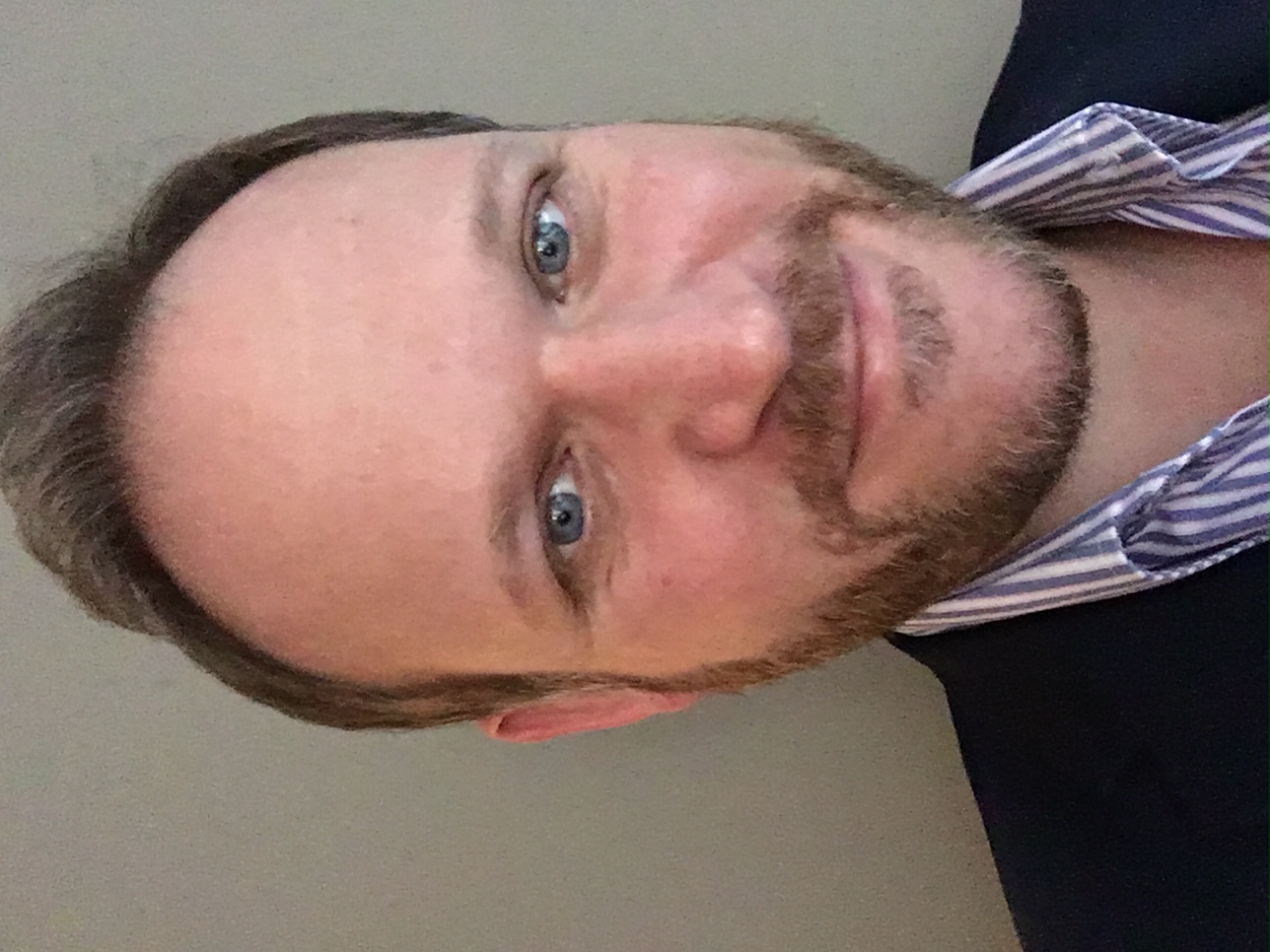
Speaker: Dr James Adams
Consultant Geriatrician, Royal Surrey County Hospital NHS Foundation Trust
James said "Its important to use The Clinical Frailty Scale", "Its not all about age and its not disease or organ specific".
Identifying and Diagnosing Frailty: Proactive Frailty Case Finding and Assessment
• Proactive frailty case finding
• Identifying frailty early through systematic assessment
• Assessment tools and methodologies for diagnosing frailty in primary care settings
• The role of patient education and engagement in early detection and management of frailty
• Diagnosing frailty: case studies in practice
Speaker: Leanne Armstrong
Senior Advanced Clinical Practitioner in Frailty and Elderly Care, North Cumbria University Hospitals NHS Trust
Leanne also began her talk by discussing The Clinical Frailty Scale, she said "If you identify a mild frailty in a patient, this can reduce the need for unplanned care" She continued by saying "Its important to educate patients to help them recondition and take responsibility for themselves, which ultimately saves on healthcare costs"
Leanne continued to say "Mental health has a massive impact on frailty, its important to encourage people to be active and to go to social groups".
Leanne shared an acronym they use
Find, Recognise, Assess, Intervene, Long Term
EXTENDED SESSION: Transforming Acute Care Through a Frailty Improvement Programme
• Delivering an effective frailty improvement programme
• Assessing your service against the national FRAIL strategy: using the self assessment tool
• Key components and goals of a frailty improvement program
• Gaining leadership support and securing resources to scale the programme
• Methods for measuring programme impact on patient outcomes
• Meeting the National CQUIN
• Lessons from our experience working with the Acute Frailty Network
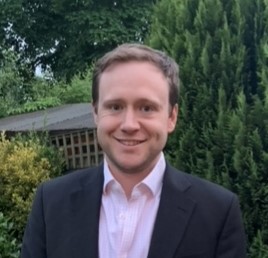
Speaker: Dr Owen Ingram
Consultant Geriatrician, Maidstone & Tunbridge Wells NHS Trust
Owen spoke about "The importance of improving communication around frailty", he said "Ensure all members of your MDT have a voice"."Have something in place to reflect when something hasn't gone well, as this is where most of our learning comes from".
Owen also talked about the importance of sharing your sucesses, he said "I think we underplay how difficult our role is, we should present at clinical governance meetings etc"
Owen concluded his talk by discussing the use of language, he said "Politely challenge ageism in health care from colleagues", " We are the champions for older people in the hospital" "We also need to concentrate on what we can do for the patient and not what we can't do".
Advanced Frailty End of Life Care
• Understanding the predictors of end of life in frailty
• Advanced care planning and frailty: Challenges and Solutions
• Effective communication strategies with patients about transitioning to end of life care
• Challenges of providing high quality palliative care in the acute care setting
• Advanced frailty end of life care training opportunities and support for healthcare professionals
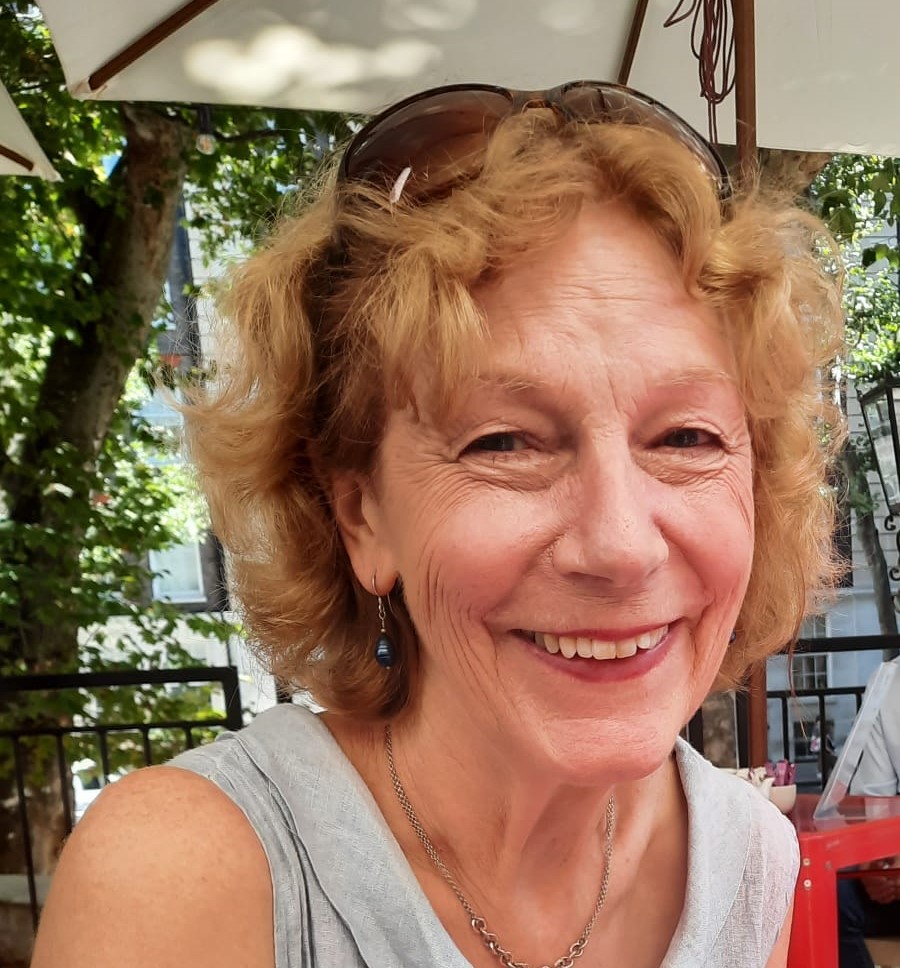
Speaker: Dr Eileen Burns MBE
Consultant Geriatrician; Former NHS England National Speciality Advisor for Older People
Eileen said "Having conversations with people who have dementia is so important, to make sure they can express their wishes"
She also said "A dual pathway is a good approach, with parallel planning", "discussing dying doesnt make it more likely to happen"

